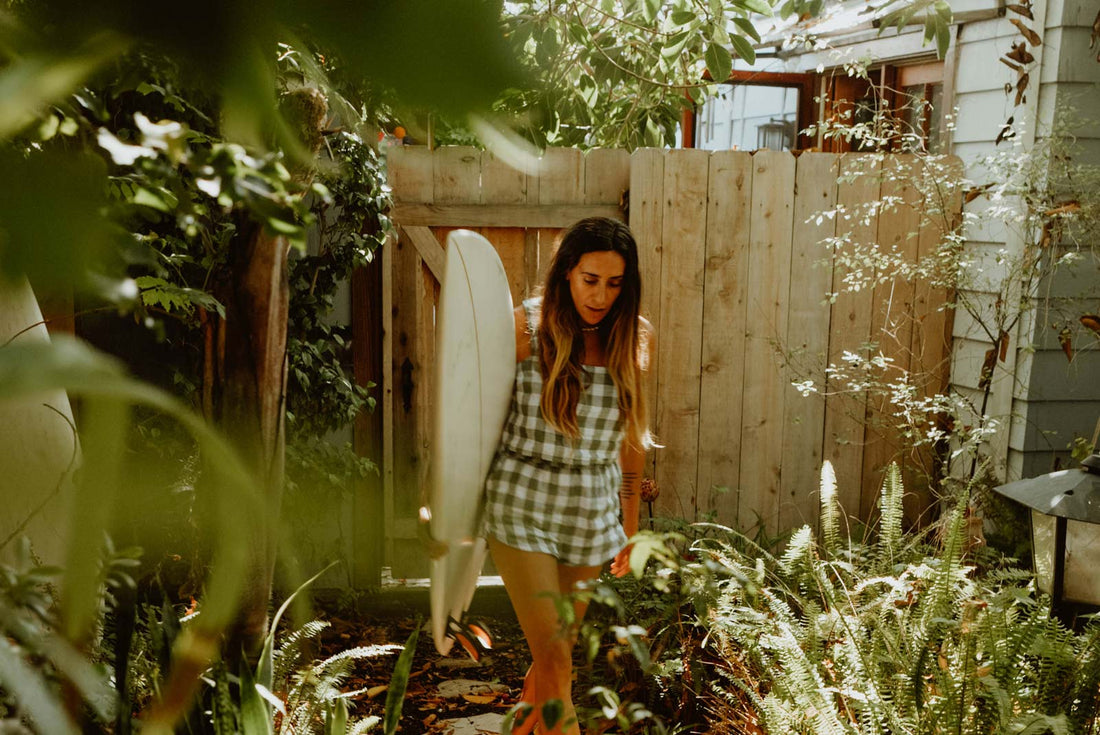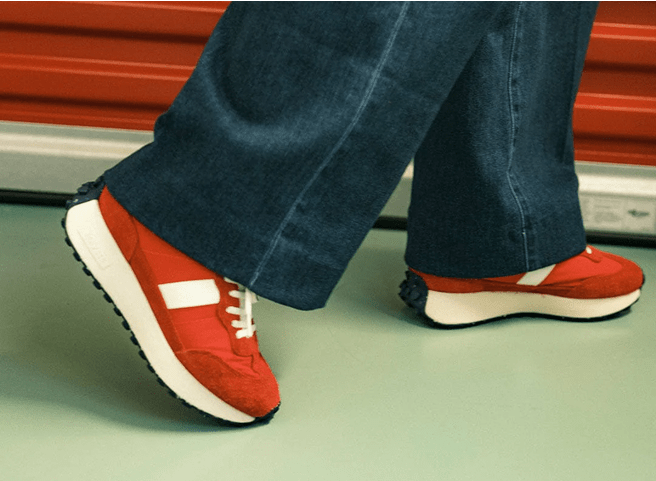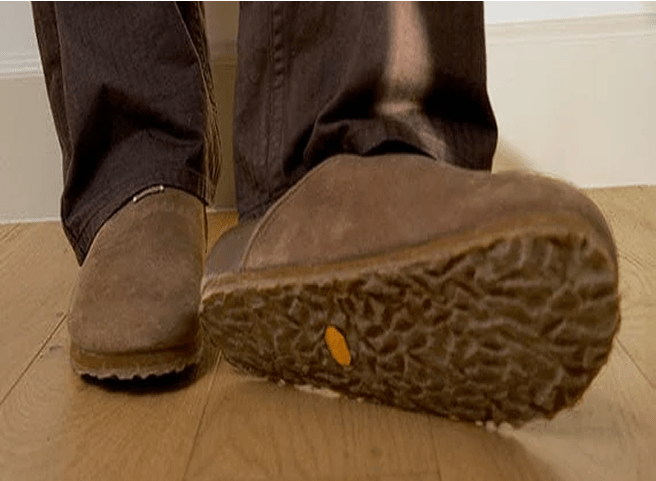Daydreamer Series: On Connecting Communities
After a decade of traveling the world as a surfer and stylist, Lex Weinstein is putting down roots to help grow stronger communities.

When Lex Weinstein quit her job, sold her belongings and left Florida to travel the world solo in her mid-twenties, she was living the kind of follow-your-dreams story that’s become almost formulaic on social media. But her desire to surf pristine waves in new longitudes soon evolved into a different kind of ambition. Faced with a firsthand account of the environmental toll surf travel was having on the communities she visited, Lex returned home to get her hands dirty and teach other surfers to do the same.
As told to SeaVees. Photos by Kat Reynolds.

"I’m a brown girl with a Jewish last name who grew up in the South. I was something of an angry teen, and ended up having to do some community service at one point — my mom, who was a devout Catholic Cuban at the time, found me a mentor at her church. He would totally let me off the hook sometimes and take me surfing instead. As soon as I started surfing, I found this connectedness and sense of belonging in a world where I’d always felt out of place. I’d struggled with anxiety disorders and ADHD since childhood, which was crippling growing up in a home of brilliant intellectuals. I never felt like enough and was always asking myself why I was dealt that hand. So I found things like meditation and art at a really young age to help cope and eventually got into art school in Florida, which led to my first job doing visual merchandising for Anthrolopogie right out of college.
I was designing store window displays and I loved the creativity of it, but the 9-to-5 schedule was very apparently not for me. A friend told me about a contest Reef was hosting for a wardrobe stylist: style a pair of shoes and we’ll send you on a trip to assist our stylist. Instagram had just come out but everyone was still following blogs, and style collages were super popular, so I made one with surf photos and different pieces of clothing. Every other person who entered had taken a flat-lay outfit photo. I was like, “Oh my god, I did this wrong, I’m so embarrassed.” I won the contest.


I figured the job would be in California, but because I surfed and had already worked in the industry, they called me and said they’d decided to do the photoshoot in Tahiti. I knew I could never just go back to Florida after that, so I sold everything I owned (including all my surfboards), saved my pennies, and said goodbye to my family and friends. I asked Reef if they could reimburse me for my plane ticket instead of just buying it — I booked a flight from Virginia to California to Tahiti to Australia and roundtrip to Bali on their dime and that’s how I was able to start traveling the world solo [laughs]. I ended up staying in Australia for four years and explored all over that side of the world, from New Zealand to Sri Lanka.
“Media tells us life is over at 40, but I’m going to keep doing what I do until they kick me out.”
I had this trust in the unknown that most people don’t, I think because I’d been living in that place my whole life. It just finally felt voluntary. Facing that kind of fear isn’t like the adrenaline rush of jumping off a cliff — it’s more like taking a chance on your own intuition and capabilities. My dad is from Brooklyn and my mom is a Cuban immigrant, so grew up knowing how to keep myself safe and not get into risky situations. In your 20s, you’re already second guessing yourself all the time. I think I just leaned into that even harder and let the universe push me into corners where I was forced to answer the question “Who are you? Who are you? Who are you?” By the time I woke up on my 30th birthday, I was so free and so sure of that answer.
I knew I never wanted to be just one thing. I wanted to be a wardrobe stylist and a writer and a creative director and a surfer. I wanted to be in front of and behind the camera. I slowly started to find a space to do that and clients who were interested in that kind of work — social media has been such a beautiful gift because I couldn’t have possibly had this career even ten years ago. It just didn’t exist. But creating work for social media is something I am very intentional about. I take very long breaks from it for my mental health, and I’ve had to let go of expectations about my following and performance over time as the platform has changed. Participation on my posts has gone way down. But you know what? I’ve never had a troll, I’ve never dealt with negative comments. We’re in such a cancel-culture world where everyone is trying to outdo each other and correct each other or know the most, so I approach it with this very gentle and accepting attitude. That’s just not the relationship I want with people in the real world, and certainly not in the digital one as I hide behind a screen.

At 36, I’m the happiest and healthiest I’ve ever been, which is ironically around the same age the surf and outdoor industry starts to push women out.This is when I’m supposed to fall off the map, when I get forgotten. But I’m excited to represent a different demographic of women, to still have a career in surfing, to be asked for my opinion and to consult for brands on sustainability, diversity, equity and inclusion. Media tells us life is over at 40, but I’m going to keep doing what I do until they kick me out and then I’ll continue to make noise in other ways. It’s just another example of the universe backing me into a corner and asking me a hard question: Will you derive your sense of value based on external validation from the world? Or will you add value to it?
I was working on a farm trimming weed in Northern California when Donald Trump was elected in 2016. I thought to myself, ‘No, I won’t give into my fear about this, I’m not done with this work.’ A friend on Kauai invited me there and said I could tend the gardens on his organic farm to pay my rent, so I caught the next flight there. I lived next to the garden in a little camping tent, harvested fresh food for all my meals, and walked barefoot to the ocean to surf everyday. I swear rainbows were shooting out of my eyeballs [laughs]. One day I was sitting in a crowded lineup in the ocean and thought to myself, “Wow, if everyone in the lineup was volunteering on a farm, they’d be so much more connected to the condition of the planet.”
“If I could get these surfers in the lineup to volunteer on farms, they might better understand that sense of interdependence we have on the land and on each other.”
Native Hawaiians had such ingenious and harmonious ways of tending to the land and providing for themselves that they had the time and abundance to invent this pastime of surfing. It was a very playful, community-based sport. The idea of one wave per person was unheard of—party waves were standard! As surfers, we’ve just appropriated this tradition without looking at the context around it, at what we’ve done to the world in pursuit of this sport we supposedly love. We’re responsible for a lot of ugly messes. That was the click — if I could get these surfers in the lineup to volunteer on farms, they might better understand that sense of interdependence we have on the land and on each other.


I sat on my idea for four years. I thought maybe I could start a brand, a festival, a for-profit business. I got so sick of writing up business plans that one day I just texted 15 friends who were living where I was in Encinitas, California, that I was going to surf and then volunteer on a local farm, and invited them to join. All 15 showed up — getting that many people to actually show up to something in Encinitas is a small miracle [laughs]. A few weeks later, double that number showed up, and our gardening club called Sea + Soil was born.
I started to realize that volunteering in these wealthy, privileged areas was just widening the privilege gap and that our efforts might really be able to help communities in need. I connected with a group called Indigeous Regeneration and they told me they needed people to come plant trees as part of their food forest project — it was the first public Sea + Soil event and more than 70 people drove an hour from the beach to plant 750 native, edible, fire-resistant trees on the reservation. There are so many studies on the chemical reaction that happens in your body when you get into the ocean and then into the soil, and I think all of us felt that tingly sensation that day. Once COVID hit and the need for food became more apparent, we helped Indigeous Regeneration build out a farm that now supports 20 families a week with free boxes of food, and another garden we started has donated more than 2,500 pounds of food to the local Encinitas food bank.

My dream is a simple life full of community and reciprocity — so I guess it’s kind of the opposite of the American dream. It’s about the shared health and wealth of my community, the health of my ecosystems. I think dreams can be scary to say out loud. There’s a fear of getting it wrong or changing your mind. But that’s the best part about dreams — they can change at any time. I’m coming up on the ten-year anniversary of selling all of my things and traveling the world. Back then I felt like I had something to prove to the world. Selling my ideas, seeing my films or my photos or my writing as “branded content” was validating back then, and now that can feel icky and gross.
“I have to trust that if I follow my truth, only good things can happen.”
I’m ready to start a new chapter. I’m writing a book, I want to direct films, and I want to do that under my own name. I’m even considering going by Alexandra, which is my full name that I shortened just to make it easier for others to say. I’m moving toward this big scary unknown again, but I have to trust that if I follow my truth, only good things can happen.”
Lex is wearing the SeaChange Legend Sneaker in Natural. Every pair of shoes sold from our SeaChange collection gives back $1 to our partner SeaTrees, a nonprofit that works to restore blue carbon coastal ecosystems and ocean health globally.


